Results
-
 £54.20
£54.20THIS MASQUERADE (Tenor Horn/Brass Band) - Russell, Leon - Smith, Sandy
Tenor Horn Solo & Brass Band. Grade: Easy/Medium
Estimated dispatch 7-14 working days
-
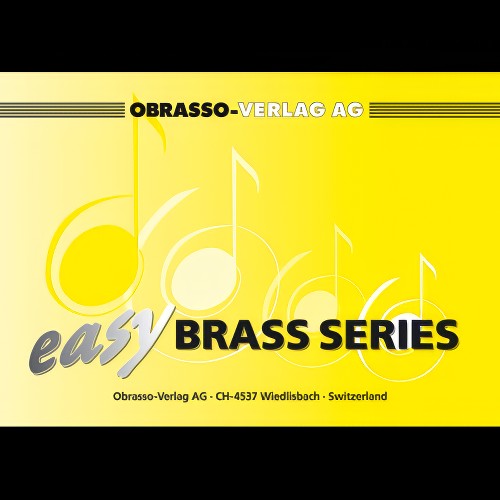 £59.70
£59.70Three TV Classics (Brass Band - Score and parts) - Mabon, Cameron
Slightly reduced Brass Band instrumentation (no rep cornet, no 2nd horn, no 2nd trombone part)Includes:The A-TeamJoe 90Hawaii Five-0
Estimated dispatch 7-14 working days
-
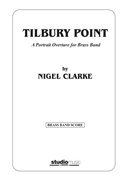 £54.95
£54.95TILBURY POINT (Brass Band) - Clarke, Nigel
A Portrait Overture for Brass Band
Estimated dispatch 7-14 working days
-
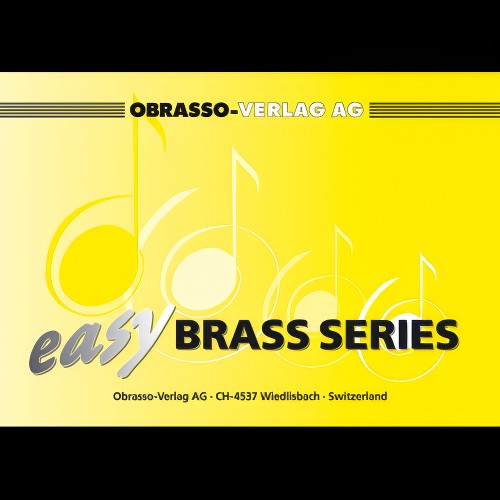 £56.00
£56.00Times Passed (Brass Band - Score and Parts) - Fernie, Alan
Slightly reduced Brass Band instrumentation (no rep cornet, no 2nd horn, no 2nd trombone part)
Estimated dispatch 7-14 working days
-
 £59.99
£59.99To a Wild Rose (Brass Band - Score and Parts) - MacDowell, Edward - Sparke, Philip
Edward MacDowell can be regarded as the first great American composer, although he disliked the idea of being classified as any sort of musical nationalist. He composed a large number of orchestral works but it is the charming and unpretentious suite of musical miniatures, Woodland Sketches, that has survived as his best-known work, with To a Wild Rose being the most popular. Philip Sparke has expertly arranged this simple work for brass band.Duration: 3.00
Estimated dispatch 7-14 working days
-
 £25.00
£25.00To a Wild Rose (Brass Band - Score and Parts) - MacDowell, Edward - Charleson, Bill
To a Wild Rose, one of MacDowell's most well-known and loved pieces, is part of the larger Woodland Sketches, finished in 1896 for solo piano and has been skilfully arranged here for brass band.
Estimated dispatch 7-14 working days
-
 £50.90
£50.90TO MAKE YOU FEEL MY LOVE (Tenor Horn with Brass Band) - Dylan, Bob - Wormald, Christopher
Tenor Horn Solo with Brass Band. Grade Easy
Estimated dispatch 7-14 working days
-
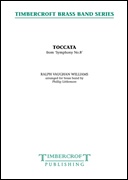 £45.00
£45.00Toccata (from Symphony No.8) (Brass Band - Score and Parts) - Vaughan Williams, Ralph - Littlemore, Phillip
Ralph Vaughan Williams' Symphony in D minor (his eighth) was composed in 1956, when he was in his 84th year. It is noticeably different from its predecessors in its diminutive scale and comparatively short length. However, the symphony is scored for an unusually large percussion ensemble including vibraphone, xylophone, tubular bells, glockenspiel, tuned gongs and celeste. In the Toccata, the fourth and final movement, Vaughan Williams uses the enlarged percussion forces extensively - the eight symphony is therefore in some ways a highly imaginative work, perhaps even an experimental one.. This brass band transcription tries to remain as true to the original percussion writing as possible, but with the omission of the tuned gongs and celeste--for obvious practical performance reasons. Duration: 5:00
Estimated dispatch 7-14 working days
-
 £37.95
£37.95TOCCATA from Organ Symphony No.5 (Brass Band) - Widor, Charles-Marie - Sparke, Philip
Recorded on Polyphonic QPRL056D National Brass Band Championships of Great Britain and Gala Concert - 1992, Polyphonic QPRL040D Pageantry
Estimated dispatch 7-14 working days
-
 £25.00
£25.00Torbellino (Brass Band - Score and Parts) - Wilby, Dennis
A Latin Waltz for your Brass Band.
Estimated dispatch 7-14 working days
